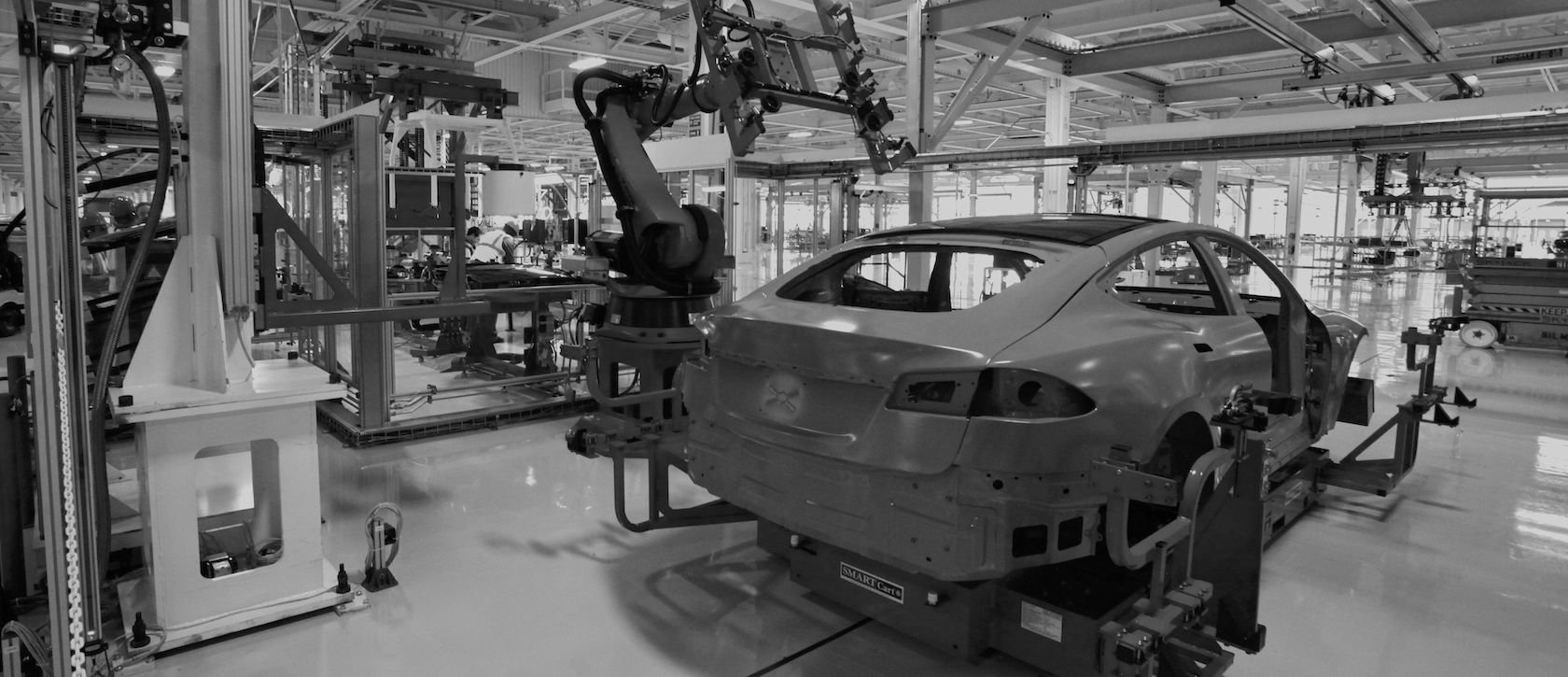
17 de Noviembre de 2025
Explora Artículos What One Attribute Do You Need in a Robotised Workplace?
junio 14, 2017 9 min
In the medium to long term, there’s only one attribute you’ll need. To operate successfully in an increasingly complex, opaque and shifting context, curiosity will be the main driver of success.


Here’s why.
As the impact of robotics and artificial intelligence bites, organizations will look for individuals who can help them build and maintain competitive advantage.
That talent pool, mostly made up of Millennials, values an integrated lifestyle. Either they were raised in, or have adopted a mobile and connected life, where it’s normal to interact simultaneously in a virtual and real world. For example, social media at a meal is the order of the day – responsiveness means you’re in the game.
These employees can turn on a dime, and are prepared to prioritize and re-prioritize quickly. Agility means they don’t need telling; they’ve got it before everyone else; and that agility is built on self-taught information which they hunt out because they are curious.
And that agility is really important in robotized workplaces; the quicker big data is processed, the faster you analyse your context, the greater your competitive advantage.
If you find an employee who’s curious, they’ll be more tolerant of ambiguity because novelty is exciting
What else will organizations need?
They’ll need people who can problem-solve alone or in groups. And when answers aren’t there, employees who are happy to reach across networks and find help. They’ll need employees who are even more comfortable quickly developing close working relationships with colleagues that they only ever meet virtually. While in the reality space, those employees can expect to be part of multiple project teams involving consultants, part, flexi or full-time employees all of whom have equal voices.
That means acceptance of difference, of diversity, of culture, of opinion. Doing this without judgement, barriers or bias takes curiosity.
Moreover, as business and operating models change, employees will need to continuously upgrade their skills so that they:
Doing all or any of this out of an intrinsic interest relies entirely on curiosity.
If you find an employee who’s curious, they’ll be more tolerant of ambiguity because novelty is exciting. In addition, they’ll be able to spot trouble coming, see what needs to be done and take preventative action. And they’ll be open to change as they’ll be interested in what might happen.
There’s no doubt that AI and robots will level the organizational playing field. But talent takes time to develop. So, businesses that want to stay ahead of the game need to attract curious minds today if they want to ensure longer-term competitive advantage.
And if you want to maintain your personal competitive advantage you’d better be able to have great answers to these questions that show a high level of curiosity:
If you don’t have immediate answers, it simply shows that you need to start building your curiosity quotient. But here’s the good news. Curiosity isn’t like IQ but it’s something you can develop if you want to.
And doing that should be high on your list. Because the only way to solve complex or intractable problems is through curiosity. As Albert Einstein said: “I have no special talents. I am only passionately curious.”
Image: Steve Jurvetson under a Creative Commons License
¿Te ha gustado?
¿Ya eres usuario? Inicia sesión aquí